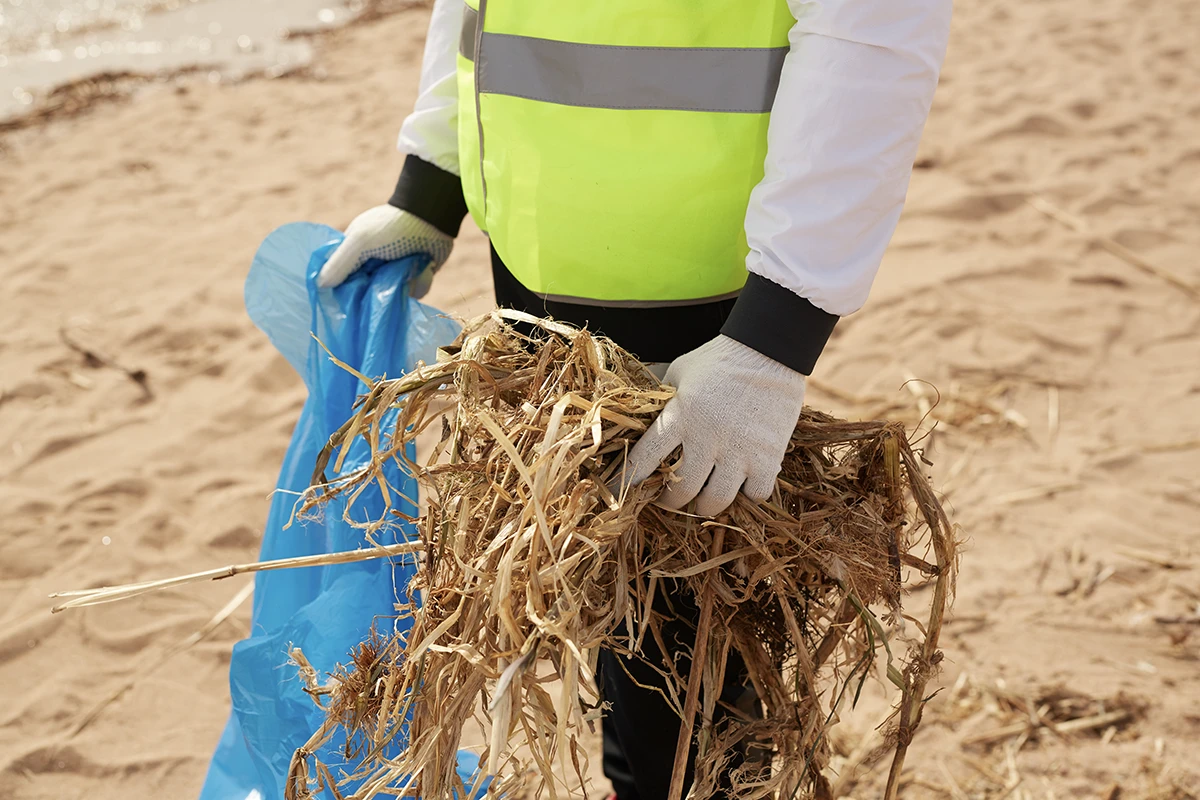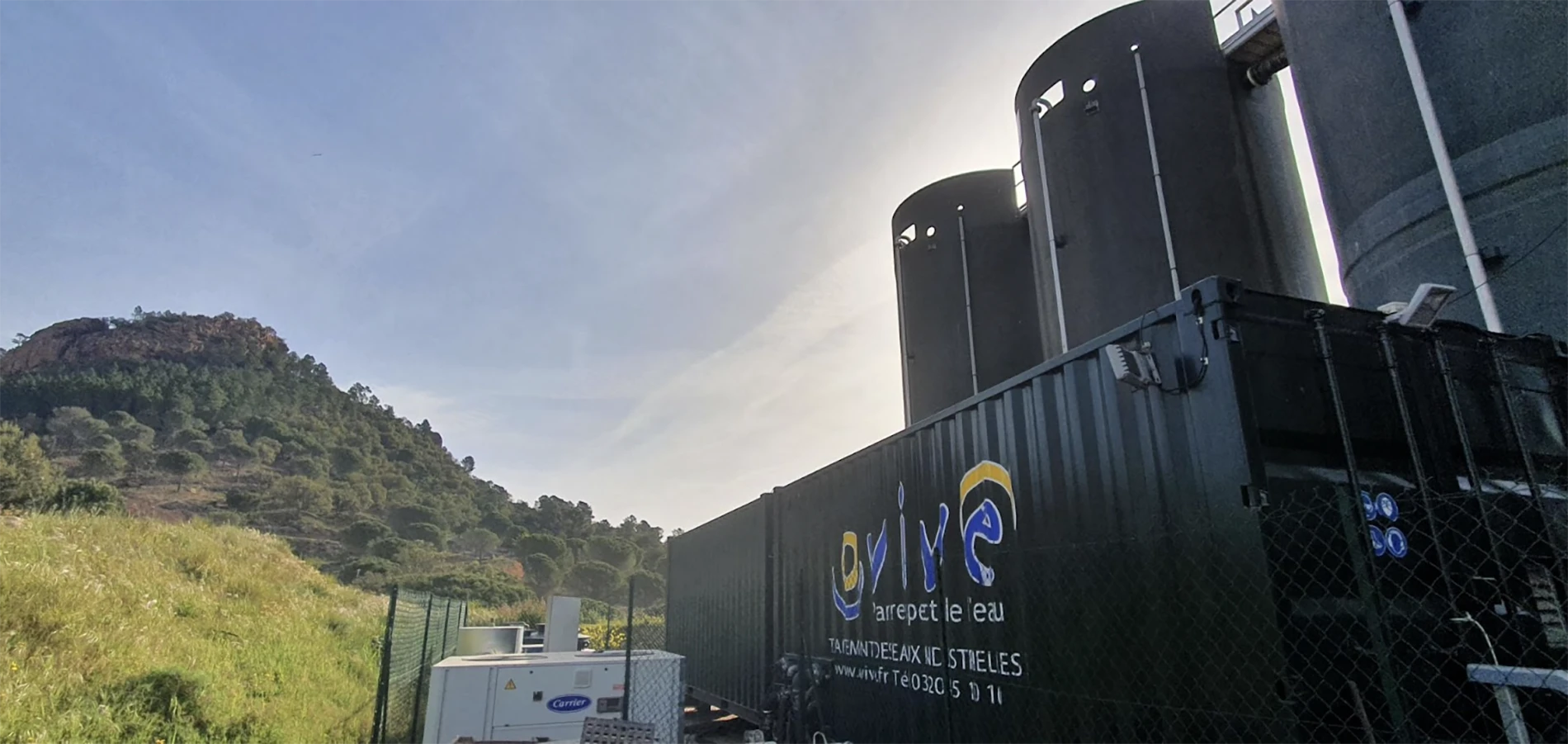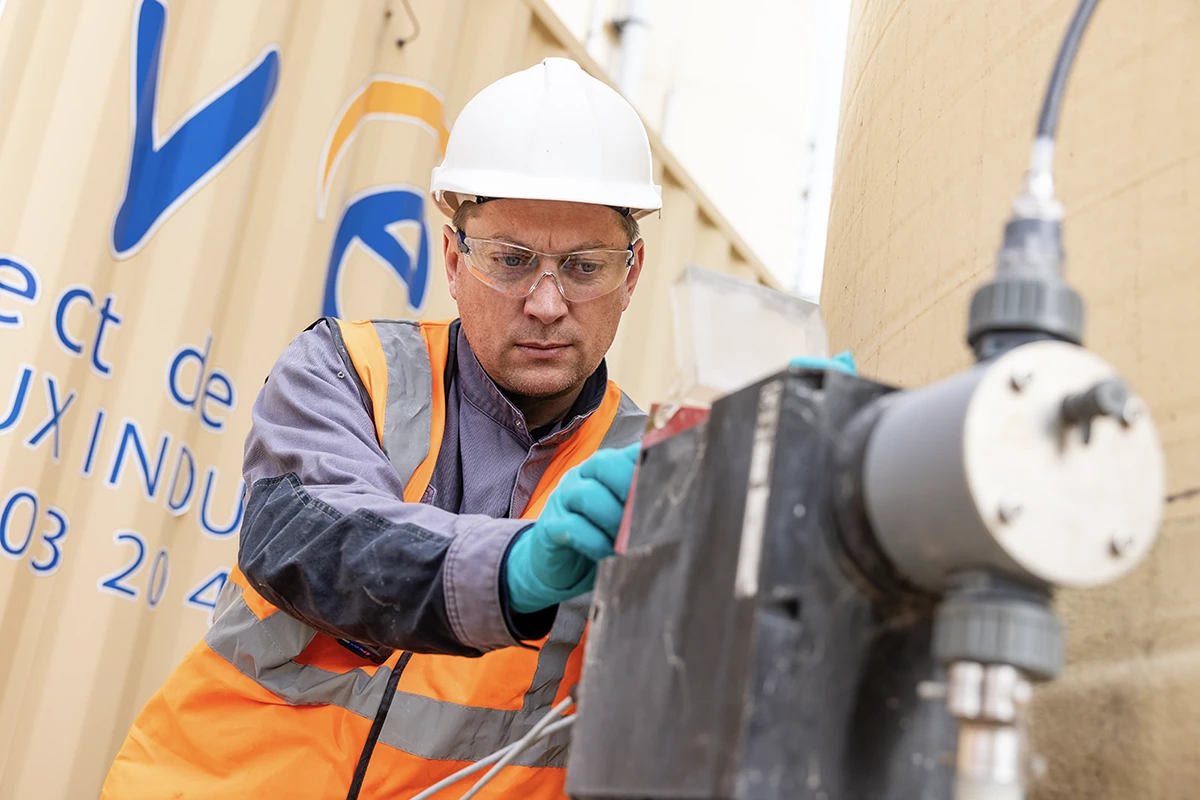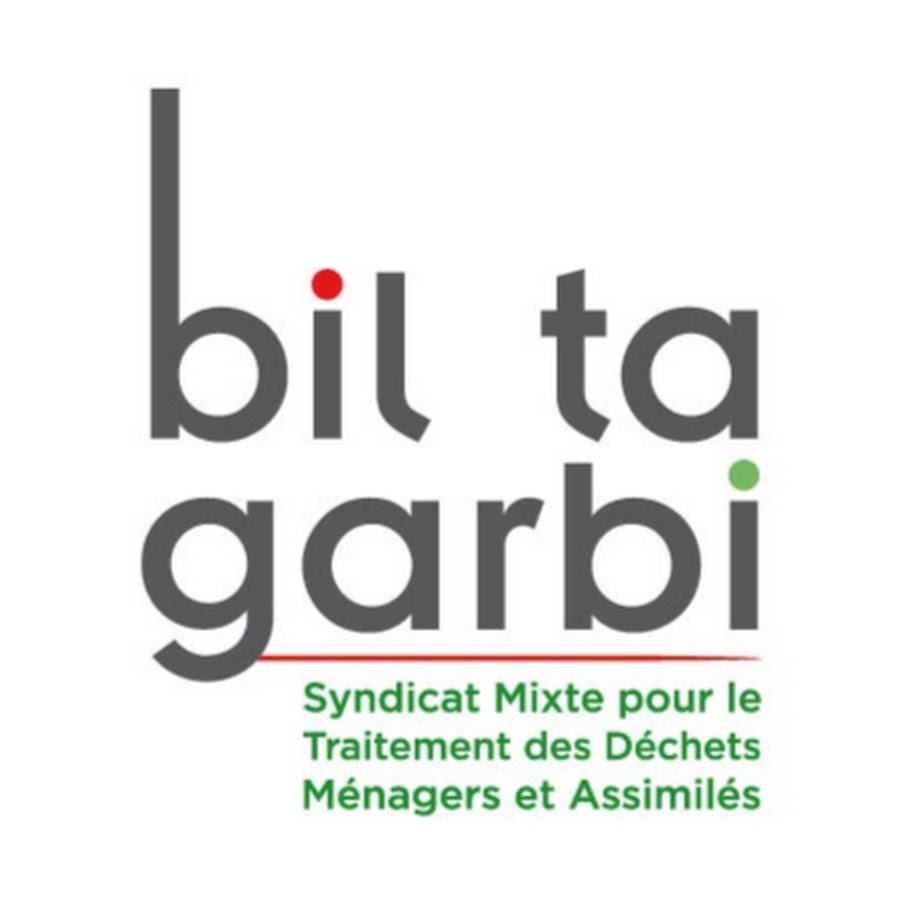Effluent treatment for waste and environment professionals
The waste industry plays a crucial role in preserving our resources, our environment and our natural surroundings.
With over 150 references in leachate and digestate treatment, Ovive has been helping waste professionals manage their effluents and by-products since 1999.
Adapted management for variable effluents
At landfill sites, leachate production evolves over time. Depending on the age and condition of the landfill cells (open/closed), the quantities of effluents and materials vary. Leachate production persists for many years during the operating period and even after landfill closure.
Seasonality can also have an impact on leachate production. Episodes of intense rainfall can drastically increase the quantities produced. Water and rainwater thus contribute to variations in leachate quality and quantity.
Leachate quality also evolves with the age and operating mode of the landfill (open surfaces, operating or post-operating phase, etc.). The composition of effluents also varies with the type of waste landfilled, making their management complex. Companies specializing in the collection, transportation and disposal of such waste can handle a wide range of inputs from a variety of sectors.
A complex effluent and multiple pollutants
The nature of leachates is inherently complex, with multiple components. Leachates come from the decomposition of waste in the massif and from the leaching (percolation carrying pollutants) of rainwater through the massif. Water management practices must therefore be rigorous.
Leachates accumulate the various sources of pollutants intrinsic to waste: organic pollution, nitrogen, heavy metals, salts… in concentrations and proportions specific to this effluent, making it complex to treat. As landfills receive final waste, leachates are a mixture of various pollutants in a complex matrix.
Specific and finishing treatments are often required to remove these specific pollutants: arsenic, phenols, metals, micropollutants, PFAS… These treatments require advanced technologies and sophisticated processes.
Digestate and organic waste treatment
Digestate is the effluent produced by the anaerobic fermentation of household refuse or organic waste.
Digestates are often unbalanced by the anaerobic phase, which increases the proportion of nitrogen in the effluent.
Digestate and leachate treatment requires specialist expertise, specific technologies, operating know-how and adapted facilities to ensure effective management.
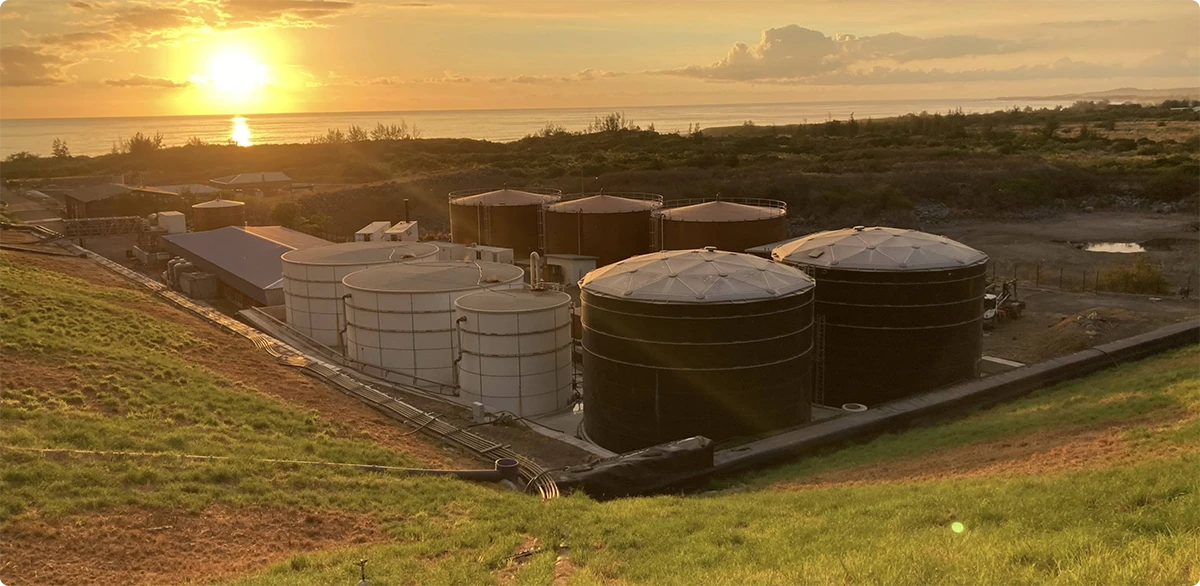
Discover all
our processes
Since 1999, Ovive has developed a wide range
of processes to meet the technical and operational needs of its industrial and leachate customers.
We meet the operational needs
of your business
Ovive offers a comprehensive solution to help you manage your effluent and preserve your water resources.We’re with you every step of the way, from design to day-to-day operation.
CUSTOMER CASES
Strict regulations
and evolving
The mission of waste professionals is to preserve our environment. The compliance of waste treatment facilities is central to their operation. Compliance with environmental regulations and safety standards is essential to minimize negative impacts on the environment and guarantee public health. Regulations in the waste sector are strict and constantly evolving.
Treatment solutions must therefore be continually adapted to keep pace with these developments. Leachate treatment requires rigorous monitoring, reliable treatment and scalable solutions. Management practices must be at the cutting edge of technology to ensure the reuse and recovery of treated effluent, while minimizing environmental impact.
Materials recovery and reuse
Companies specializing in waste and effluent treatment also seek to recover and reuse recovered materials.
Recovering the products of leachate and digestate treatment transforms waste into reusable resources.
The waste and effluent treatment sector plays a key role in this recovery activity.
Reuse of wastewater and raw materials
Wastewater and liquid effluent treatment processes recover valuable substances.
The reuse of these raw materials contributes to building a more sustainable and environmentally-friendly economic model.
The techniques employed in waste treatment must therefore be constantly evolving to meet environmental and industrial requirements.
Advanced technologies and sustainable practices
Leachate and digestate treatment technologies are constantly evolving to meet the challenges posed by the complexity of effluents. Sustainable practices and innovative techniques are essential to ensure effective waste and effluent management. Treatment plants need to be designed to ensure optimum performance and adaptability to regulatory changes and the specific needs of industry.
At Ovive, we are committed to providing tailored, robust and sustainable waste and effluent treatment solutions, using state-of-the-art technologies and complying with the most stringent environmental and safety standards. Our activities are focused on the implementation of sustainable practices and the recovery of materials, in order to contribute to the preservation of our environment and public health.
